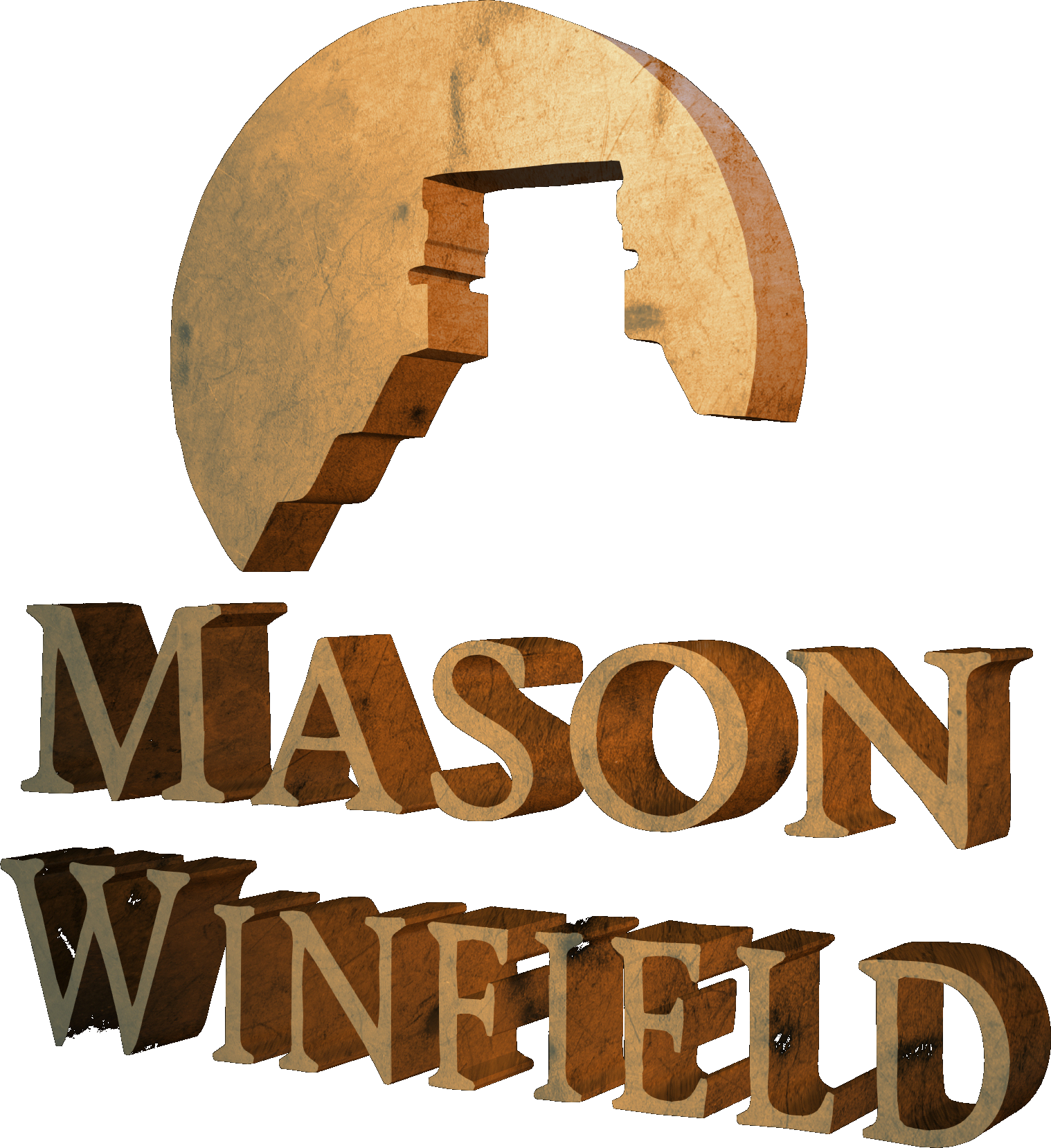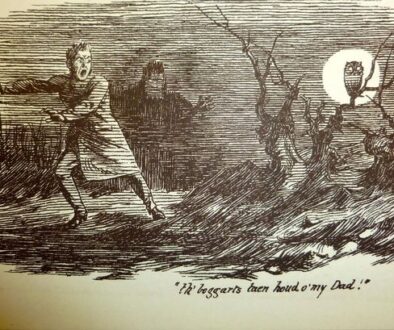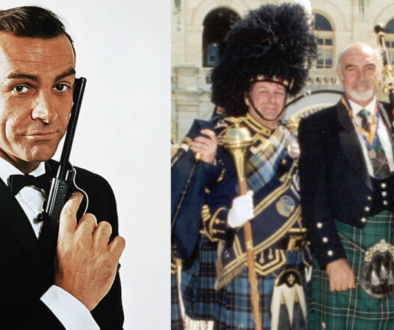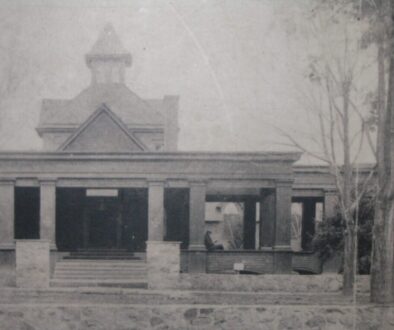And Heavy Mortal Hopes…
1
So I admit it. I let the food run low for Disko and Fortnight over the weekend. It looked like there was just enough Science Diet to make it till Monday, and I meant to visit the vets before noon on Saturday to stock up just in case. But I had to go to a memorial Saturday morning, and… I missed it. I still thought we’d make it. The bag was empty at midnight Sunday, but the dishes looked just full enough. They were empty when I woke up. Damn.
Usually both food bowls have to be kept at least three quarters full, 24-7, for those cats. Fortnight isn’t the problem. Fortnight is clueless; she’ll eat every last nugget, serene in the faith that more is always coming. Disko panics when there isn’t an abundance of kitty-vittles in plain sight. Disko has resource-management-issues, probably because she was starving as a kitten when she came to me. When even one of those dishes runs low, nobody in the house gets any sleep. She will pester you all night long.
That night Disko was remarkably cool. Only woke me… twice. And let me fall back to sleep… one of them.
In the morning I brushed my teeth and I headed to the the Aurora Pet Hospital to get their food. You should have seen those SOL looks D&F were giving me as I crept out. Not only leaving them lonely, but leaving them hungry.
I took South Street, the village’s southern border, that T’s up with the Olean Road. As I crept from the west to the stop sign on Olean facing the little plaza that holds the hospital, something small – hand-sized and grey – caught my eye. It was moving, taking up space in the dead middle of my lane. At first I thought it might be a piece of litter, maybe a rag or a tatter from a dark garbage bag, stuck to the macadam and fluttering in the low breeze. Then I considered that it might be a living thing.
I stopped a few feet before it, hit the flashers so nobody would hit either of us, and got out. As I neared the object I saw that it was a mouse, and an addled one, muddling about in a square-foot circle. It looked as if it had been intending to cross the road and gotten completely baffled – pixie-led – by the pavement. I agree that, for a woodmouse that’s nearsighted at best, all that open grey would have been a confounding desert.
The little thing was moving strangely. It went a few inches one way, then stopped, turned, and went another. My first thought was that it was a disoriented baby; my second was that it was injured. Whatever its condition, it was holding space in the exact middle of the lane. I couldn’t drive over it. It could have shot one way or the other under my wheels. My plan was to scoot it off of the road and far out of danger.
It wouldn’t scoot. It just lay there shivering. Oh, great. My second plan was to tote it to safety. I figured it would bite me if I tried to pick it up barehanded. In the car was a clean paper cup, and I figured I could use that to scoop it up. I was trying to guess from its position which side of the road it wanted to be on in the first place.
My worries were moot. The minute the cup and I loomed over it, it scurried with amazing speed to the only cover within sixty feet – a tiny island, a square yard of overgrown grass, ringing the foot of the stop sign. It had moved awkwardly, despite its speed, so I think it had an injured foreleg. The little thing wedged itself into a hollow at the base of the sign and froze. Only the quivering of the grass-blades told me where it was.
At that point I retreated. The kindest thing to do for that animal was to leave it alone.
2
In two minutes I was at the counter of the vets’ office, and my transaction took very little longer. All during it and on the drive home I reflected on the episode with the mouse and wondered what kind of a message it might have represented to the interior self. I was also hearing echoes of lines from an old poem. Doubtless because of its references to the field mouse, it was W. B. Yeats’ early (1893) lyric “To the Rose Upon the Rood of Time.”
Even when it was written, the poem – a short ode – was outmoded. Its diction was archaic. Its incantatory use of symbolism, though, took things to another level.
A rood is an antique word for a cross. The rose-on-the-cross symbol is an old one for both the Rosicrucian order and for the Order of the Golden Dawn, the occult society to which Yeats and other prominent artists of his day belonged.
The otherworldly Rose to which the poem is addressed stands for a couple of things at once: it means the Gael, the pure soul of ancient Celtic wisdom and tradition; it stands for any abstract, spiritual insight to which artists ought to strive; and it stands for the love of Yeats’ life, Maud Gonne, whom he had already begun to idealize as the personification of the Celtic soul like Maeve and Dierdre and other queens of Celtic legend. (Yeats had come to regard this woman seriously the way the English sonneteers – Spencer, Sidney, and yes, Shakespeare – did so only fancifully with the subjects of their own poetic cycles.) The fact that Yeats could evoke all those concepts in a single image gives poignance to them all.
The first stanza of the poem calls the symbol – and the woman – to come closer, so that the unattainable lost wisdom – and the woman – might be more fully realized. That’s fitting. The attainment is the hard part, with women or symbols. For most people, having too much is not an option.
The second stanza holds the lines about mice and hope that started resounding in me over the little episode in the street. This is the stanza that holds a caution (“Ah, leave me still…”) that the Rose and all it signifies should not become so overwhelming that the real world will lose significance.
Come near, come near, come near—Ah, leave me still
A little space for the rose-breath to fill!
Lest I no more hear common things that crave;
The weak worm hiding down in its small cave,
The field-mouse running by me in the grass,
And heavy mortal hopes that toil and pass…
While the idea of equating a living human with an untouchable symbol and a system of ancient wisdom may be new to you, it makes sense, in a way. A person you can never have will never be more than an abstraction to you, never realler than the semi-visualizable Rose, though I doubt the longing ever leaves you. But it’s that very human yearning – for love, touch, acceptance – that gives the poem much of its power.
3
Twenty minutes after I had left them, I found my cats hovering over their empty bowls. Ten minutes after that, I found Fortnight on my bed – fed, sheltered, and in the rare mood for a daytime cuddle, the very reverse of the little wild critter I had just passed in the road. Still analyzing the unusual experience and the echoes of the poem, I sat with her. I mused on the differences between the species, mice, men, and cats.
I will resist the impulse to turn this into a reflection that could be no improvement over Robert Burns’ “To a Mouse.” I can still wrestle with my thoughts of the moment.
Cats don’t reason, but they yearn for human contact, at least those who have been raised with us. Mice don’t reason, either, but I doubt that there is a member of that species alive who would be anything but terrified by a touch from one of us. People… We can reason. We can choose to be kind or cruel. Some of us get very devoted to ideas or causes, and we may get out of the life of the world. But we all hanker touch, at least in our own measures and ways, and we are warped if we don’t have the right kind of it at the right times in our lives. Maybe that’s some part of what makes us kind or cruel.
I rested with my hand on my cat, hearing and feeling her purr. I still felt for that furry wild creature I could do nothing to help. I realized that I would have done the same for it, attempting to show it that at least one being in the universe did not despise it. I was also thinking about Yeats’ Rose – the quest for spiritual learning – and weighing the chance of any of us getting too far over the edge to ever come back.
I can’t argue that I get a little lost in my work. I admit that I called the Rose as a young man, and that I may have been one of the ones who let it come too close too long. But I don’t think I’ll ever lose my concern for life, for all life, including that little being in the road and every person who may set eyes upon this. This is “To the Rose upon the Rood of Time.”
Red Rose, proud Rose, sad Rose of all my days!
Come near me, while I sing the ancient ways:
Cuchulain battling with the bitter tide;
The Druid, grey, wood-nurtured, quiet-eyed,
Who cast round Fergus dreams, and ruin untold;
And thine own sadness, whereof stars, grown old
In dancing silver-sandalled on the sea,
Sing in their high and lonely melody.
Come near, that no more blinded by man’s fate,
I find under the boughs of love and hate,
In all poor foolish things that live a day,
Eternal beauty wandering on her way.
Come near, come near, come near—Ah, leave me still
A little space for the rose-breath to fill!
Lest I no more hear common things that crave;
The weak worm hiding down in its small cave,
The field-mouse running by me in the grass,
And heavy mortal hopes that toil and pass;
But seek alone to hear the strange things said
By God to the bright hearts of those long dead,
And learn to chaunt a tongue men do not know.
Come near; I would, before my time to go,
Sing of old Eire and the ancient ways:
Red Rose, proud Rose, sad Rose of all my days.
© 2018 Mason Winfield




